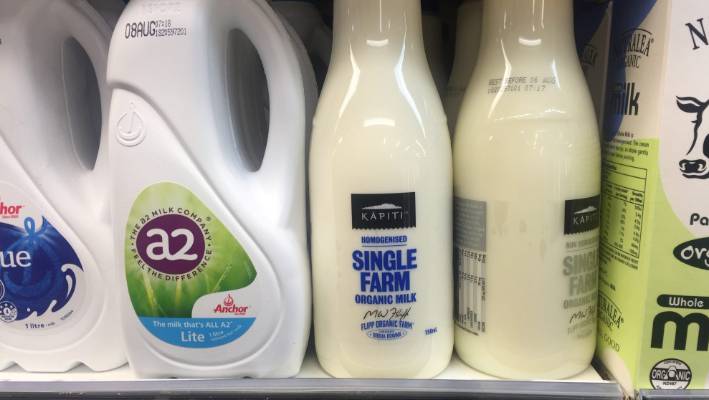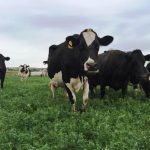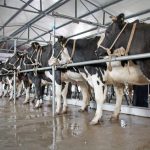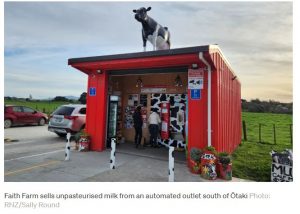
The benchmark S&P/NZX 50 Index shed 82.36 points, or 0.8 percent, to 10,759.18. Within the index, 29 stocks fell, 14 rose and seven were unchanged. Turnover was $130.2 million.
A2 shares fell 46 cents, or 3.6 percent, to $12.30. About 646,000 shares hands, down from a daily average of about 740,000 the past three months.
“The biggest weight on the market was A2 – that share price has been trending down for a wee while now. It’s really come off the boil since August,” says Grant Williamson at Hamilton Hindin Greene.
A2 shares peaked at $18.04 on July 31, although they are still 22 percent higher than a year ago.
Broking firm Citi says domestic Chinese infant formula company Junlebao, controlled by the Hebei provincial government, has gained State Administration for Market Regulation – SAMR – registration for its infant formula, which also contains only the A2 protein, and will be allowed for sale in offline retail channels, such as mother and baby specialty supermarkets.
A2 is already competing against other foreign brands produced by Mead Johnson, Danone and Nestle, which also produce infant formula containing only the A2 protein – most milk contains both the A1 and A2 proteins.
Williamson says the A2 brand is still very strong in China “but any increase in competition will hurt to some degree. Personally, I think the market may have over-reacted a little.”
Bucking the negative trend, Pushpay shares jumped 12 cents, or 3.8 percent, to $3.29 after it reported a US$6.5 million net profit for the six months ended September, a turnaround from the previous first-half’s US$4.4 million net loss.
The digital church collection payment app maker started generating positive operating cash flow during the past 12 months, and that stepped up to US$8.9 million in the six months ended Sept. 30 from about US$2 million in the March period.
Church customer numbers rose to 7,905 from 7,420 a year earlier, while monthly average revenue per customer was up 20 percent at US$1,272.
Also bucking the trend, shares in Restaurant Brands rose 1.3 percent to $11.90 while shares in pharmaceuticals distributor Ebos climbed 2.8 percent to $25.45.
Williamson says Restaurant Brands shares are thinly traded since Mexico’s Finaccess Capital took control of the company in a partial takeover last year.
“But it continues to produce some very good numbers.” Last month, the fast-food restaurant operator said it anticipates net profit will be at least 10 percent higher next year as it continues to roll out new stores and looks at buying others.
Williamson says while Ebos used to be regarded as a yield stock, it is now viewed more as a growth stock.
Ebos is expecting a significant increase in earnings this year with the Chemist Warehouse Group supply contract kicking in from July 1, which is expected to add about $1 billion to annual sales.
The company’s revenue was $6.9 billion in the year ended June.
Meridian Energy shares were unchanged at $4.60 after earlier dipping as much as 2.4 percent. Almost 3.5 million shares changed hands, compared with its 1.5 million daily average the past three months.
Not only is Meridian and its fellow electricity generator/retailers prized for its high dividend yield, but the threat of closure of the Tiwai Point aluminium smelter by its majority owner, global mining giant Rio Tinto, is hanging over the entire sector.
Meridian is the smelter’s major electricity supplier but, since the smelter takes about 13 percent of New Zealand’s electricity, its closure would release excess power that would take some time to absorb.
Rio Tinto has said the plant is struggling with global aluminium prices near a three-year low.
Genesis Energy shares were down 0.8 percent at $3.155 and Mercury NZ shares sank 1.6 percent to $4.79.
Among other yield stocks, telecommunications network company Chorus shares shed 2.1 percent to $5.315, phone company Spark shares eased 1.9 percent to $4.38 and retirement village operator Ryman Healthcare fell 2.2 percent to $13.15.
The 10-year swap rate edged up to a bid price of 1.5025 percent from 1.4900 percent yesterday.

























